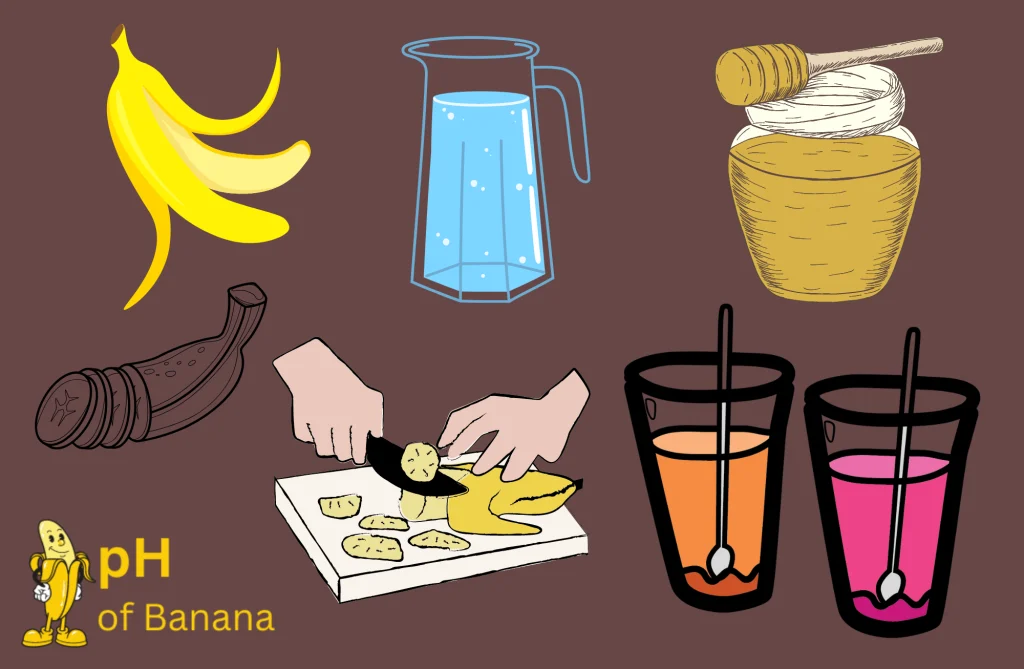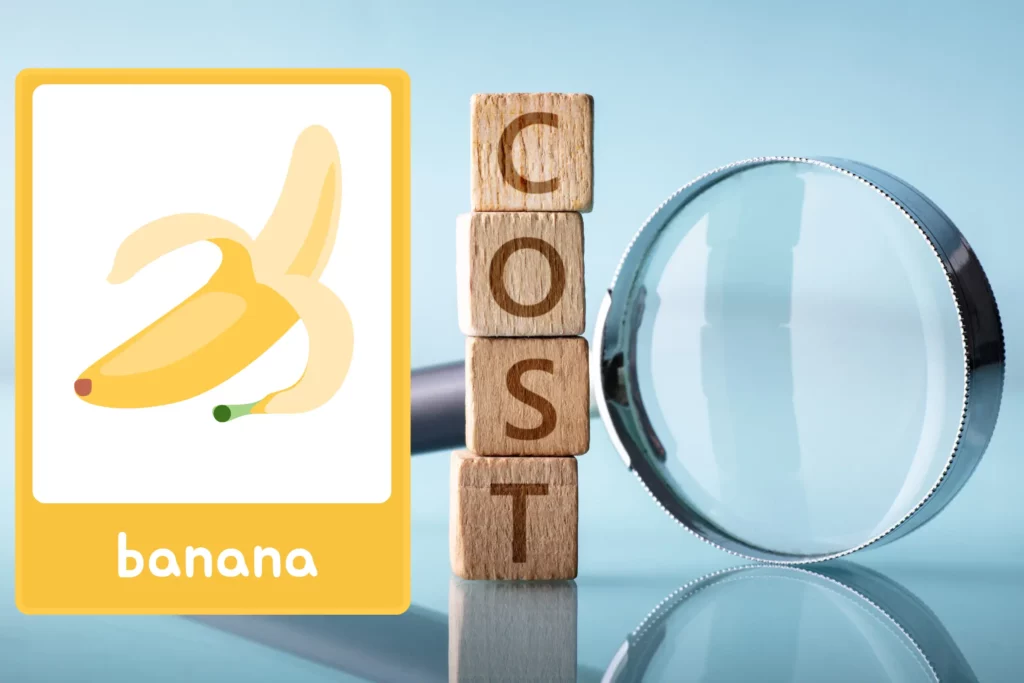Explore the science behind whether bananas float or sink in water. Learn about the factors that determine the ability of bananas to float and how to make them sink. Get the answers to all your questions about Do Bananas Float in Water?
Have you ever wondered whether bananas float in water? This may seem like a simple and trivial question, but the answer is actually quite interesting. In this article, we’ll dive into the science behind why some fruits float and others sink.
What Makes a Fruit Sink or Float?
The buoyancy of a fruit in water depends on its density relative to the density of water. If a fruit has a higher density than water, it will sink. If it has a lower density, it will float. This is due to the fact that denser objects displace more water, which creates a force that opposes the weight of the object and causes it to float.
Fruits that Float in Water vs Fruits that Sink
| Floats | Sinks |
|---|---|
| Apples | Avocados |
| Bananas | Grapes |
| Pears | Oranges |
| Peaches | Pineapples |
| Plums | Mangoes |
Note: The ability of a fruit to float or sink depends on its density compared to water. The above table is based on common observations and may vary based on the size, shape and ripeness of the fruit.
The Density of Bananas
The density of a banana depends on several factors, including its ripeness, size, and composition. Ripe bananas are generally denser than unripe bananas, as the starch in the fruit converts to sugar during the ripening process. This increase in sugar content causes the density of the fruit to increase. Additionally, larger bananas tend to be denser than smaller ones, as they have more mass and occupy more space.
Factors That Affect the Buoyancy of Bananas
Aside from density, there are several other factors that can affect the buoyancy of bananas in water. One of the most important is the shape of the fruit. Bananas have a slightly curved shape, which can cause them to displace more water and float more easily. Another factor is the presence of air pockets in the fruit. These pockets can create pockets of air that reduce the overall density of the fruit and make it more likely to float.
How to Test Whether Bananas Float [Do Bananas Float in Water?]
If you’re curious about whether bananas float in water, you can easily perform a simple experiment to find out. Fill a container with water and gently place a banana in the water. Observe whether the banana sinks or floats. Repeat the experiment with different types of bananas, such as unripe, ripe, and overripe, to see if there is a difference in their buoyancy.
FAQ
What happens if you put a banana in water?
If you put a unripe (green) banana and a ripe (yellow) banana in water, the unripe banana will float while the ripe banana will sink. This is because unripe bananas have a lower sugar content and are less dense compared to ripe bananas, causing them to float in water.
Do banana slices float?
Yes, banana slices will float in water. The air pockets between the slices and the lower density of the individual slices compared to the whole fruit cause them to float.
How do you make a banana sink in water?
To make a banana sink in water, you can increase its overall density by adding weight to it. One method is to wrap the banana in aluminum foil or place it inside a container, which will increase its overall weight and cause it to sink. Another method is to freeze the banana, as the added ice will increase the overall density and cause it to sink.
How long can bananas sit in water?
Bananas can sit in water for a short period of time, typically around 2-3 hours, before they start to deteriorate and become mushy. The water can cause the skin of the banana to soften and break down, leading to a loss of quality and texture. To preserve the freshness of the bananas, it’s best to remove them from the water as soon as possible.
Can you soak bananas in water?
Yes, you can soak bananas in water, but for a limited time. Soaking bananas in water can help to soften their skin and make them easier to peel. However, prolonged soaking can cause the bananas to deteriorate and become mushy, affecting their texture and taste. If you want to soak bananas, it’s best to do so for a short period of time, typically no longer than 30 minutes, and in cold water to slow down the process of deterioration.
Conclusion
In conclusion, bananas can float in water, but it depends on several factors, including their density, shape, and the presence of air pockets. Whether a banana sinks or floats depends on the ripeness of the fruit, its size, and its composition. So the next time you’re in the kitchen, grab a banana and perform your own floating fruit experiment.





